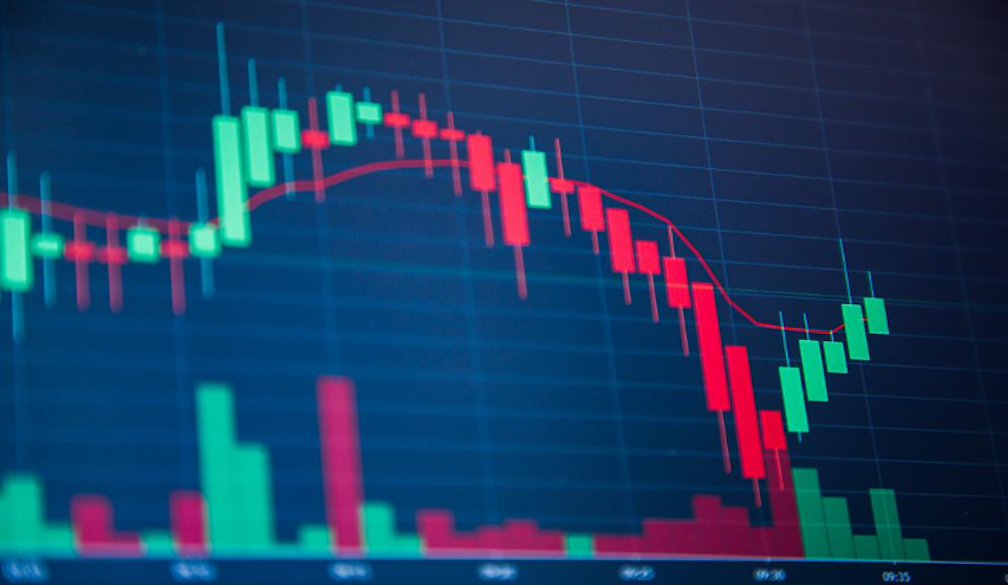With U.S. Stagflation Fears Grip Market, Bitcoin, Ether Sees Losses

The cryptocurrency market faces some challenges, including the threat of stagflation, the potential for increased liquidity from the Treasury General Account (TGA), and the much-awaited introduction of bitcoin ETFs in Hong Kong. As Asia starts its business week, trading activity for both Bitcoin and Ether declines. A combination of bullish and negative indications emerged, suggesting that the market sentiment is inconsistent.
The crypto markets are going down because people are worried again about U.S. stagflation, which is very bad for asset values and makes investors more cautious and unsure. Amidst these challenges, an integration of an Alpha AI platform, could offer valuable insights and strategies to navigate the volatile cryptocurrency landscape efficiently.
Bitcoin and Ether Prices Dip Amidst Market Uncertainty
The most valuable cryptocurrency, Bitcoin (BTC), is selling around $62,400 right now. This is down 2.5% in the last 24 hours, according to data from CoinDesk Indices.
Another 3% drop is seen in Ether (ETH), which is now worth $3,200. The CoinDesk 20 (CD20), which tracks the most popular digital assets, is down 2.6% to 2,197 points.
It looks like the market doesn't know what to do next because there are both positive and negative statements going around. Investors aren't sure if the market will go up or down, making trade less likely.
US Economy Grows and Inflation Rises
Compared to the 3.4% increase that occurred in the previous quarter, the United States economy grew by 1.6% in the first quarter of this year, according to the most recent report on the Gross Domestic Product (GDP) of the United States.
In the meantime, the personal consumption expenditures price (PCE) index, which is the favored inflation measure of the Federal Reserve, indicated that prices had increased to a pace of 3.4% annually, up from 1.8% in the last quarter of 2023.
The possibility of interest rate decreases being implemented by the Federal Reserve has decreased due to the combination of weak growth and persistent inflation, which is recognized as stagflation.
U.S. Treasury's TGA Balances and Bitcoin ETF Launch in Hong Kong
The importance of the U.S. Treasury's impending quarterly refunding statement for maintaining a positive bitcoin market was emphasized by CoinDesk's Omkar Godbole last week.
It is important to see how the statement affects the Treasury General Account (TGA) and if the $750 billion balance is maintained or decreased. This balance affects economic development and stability and is a crucial financial market indicator.
Furthermore, traders will be closely watching the April 30 debut of bitcoin exchange-traded funds (ETFs) in Hong Kong. The announcement that mainland Chinese investors will not be able to trade these ETFs, nevertheless, has lessened the enthusiasm for the debut.
Conclusion
In summary, the cryptocurrency market faces several difficulties, including shifting regulations and unpredictability in the economy.





